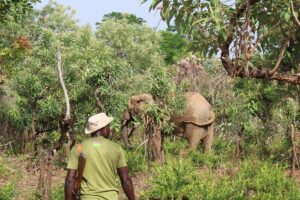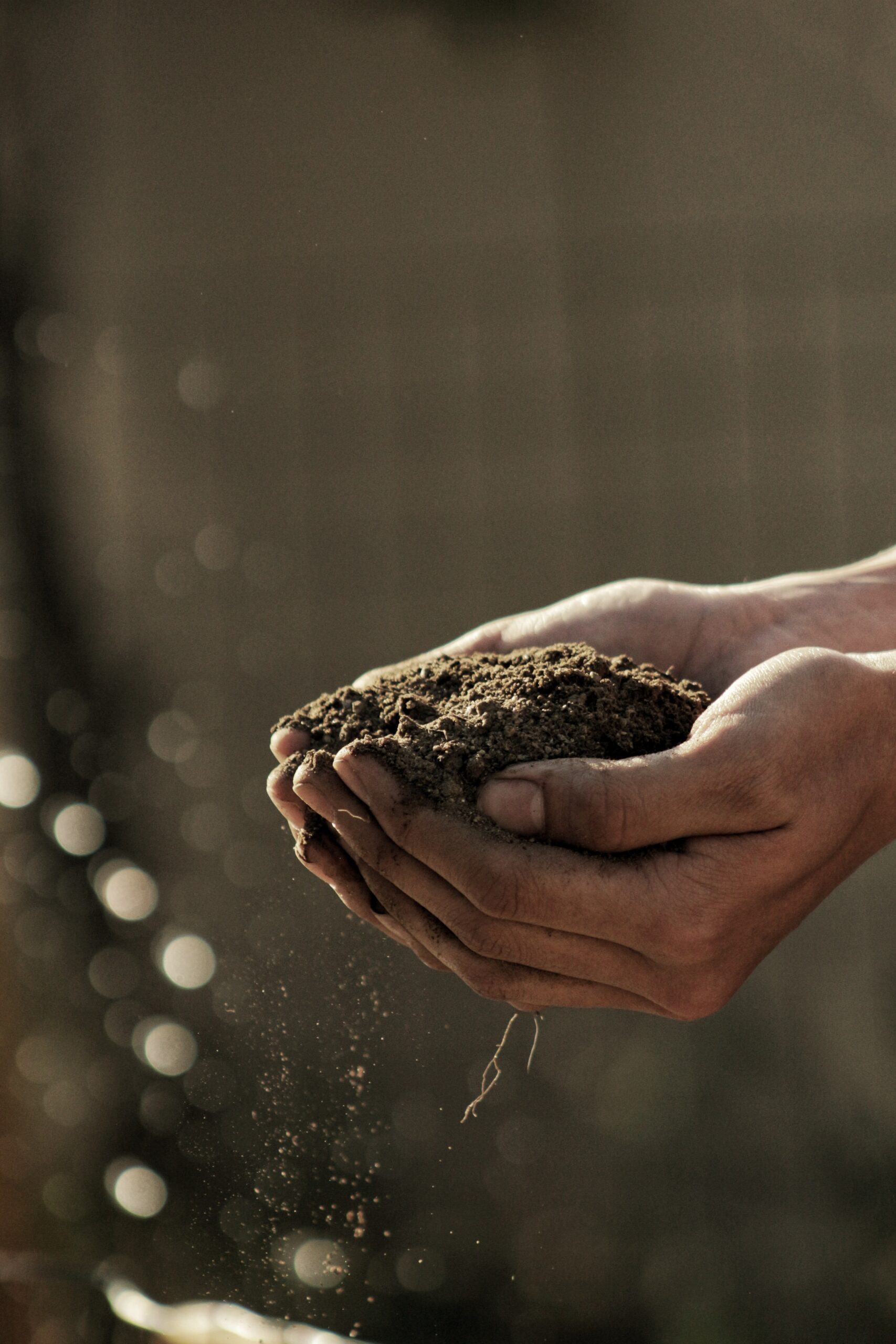Soil health is at risk from global warming
A new study has highlighted that rising temperatures are reducing microbial diversity, with devastating consequences for ecosystems and food security.
Research conducted by a team at the University of Oklahoma has identified a worrying link between soil health and global warming, with serious implications for plants, animals and people.
The results of an eight-year experiment have shown that as the planet becomes hotter, the diversity of microbial life is reducing. This is concerning given such organisms are essential for soil health, and losing them in turn places entire ecosystems at risk, potentially impacting food chains and security.
‘Climate change is a major driver of biodiversity loss from local to global scales, which could further alter ecosystem functioning and services,’ said Jizhong Zhou, P.hD., director of the Institute for Environmental Genomics at the University of Oklahoma, and lead author of the study. ‘Despite the critical importance of belowground soil biodiversity in maintaining ecosystem functions, how climate change might affect the richness and abundant distribution of soil microbial communities (bacteria, fungi, protists) was unresolved.
‘Our findings show explicit evidence that long-term climate warming reduces microbial biodiversity in a field setting,’ Zhou continued. ‘Additionally, this is the first study documenting the differential responses of both spore and non-spore-forming microbes to climate warming, and this is the first study documenting the predominate role of warming in regulating microbial biodiversity.’
The work has important implications in terms of predicting ecological consequences of climate change, and within ecosystem management. The effects of climate change on biodiversity are largely caused by reduced moisture, leading Zhou and colleagues to warn that microbial loss is likely to be far more pronounced in severely dry areas, arid, semi-arid, and dry-subhumid ecosystems. In total, 41% of the world’s landmass falls into these categories.
Another recent study showed that 44% of land on Earth needs conservation efforts to protect its biodiversity.

















